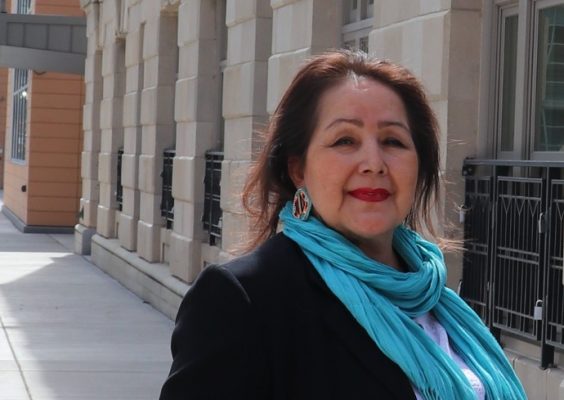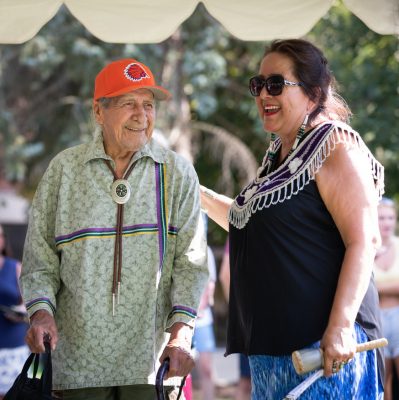Message From Chief Student Experience Officer Allen W. Groves
Dear Members of the Orange Community: It is with profound sadness that I write to remember two members of our Syracuse University community, whose lives were cut short last Thursday when they were struck by a vehicle at the intersection…



